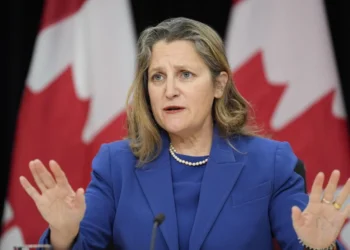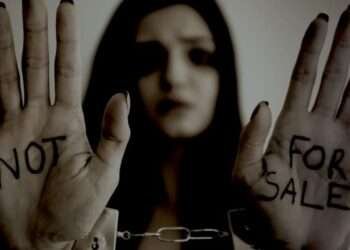According to the United Nations’ envoy in South Sudan, immediate intervention is needed to clear the path for a proper and legitimate elections by December.
“With only 17 months remaining on the Roadmap timelines before elections in 2024, I repeat what I had said in an earlier press conference, that 2023 is a ‘make or break’ year.”
Nicholas Haysom, UN Special Envoy to South Sudan.
The UN envoy to South Sudan, Nicholas Haysom, shared concerns that, the referendum is fast approaching in the midst of tensions brewing between communities. Haysom stated that, South Sudan is currently “a race against time.”
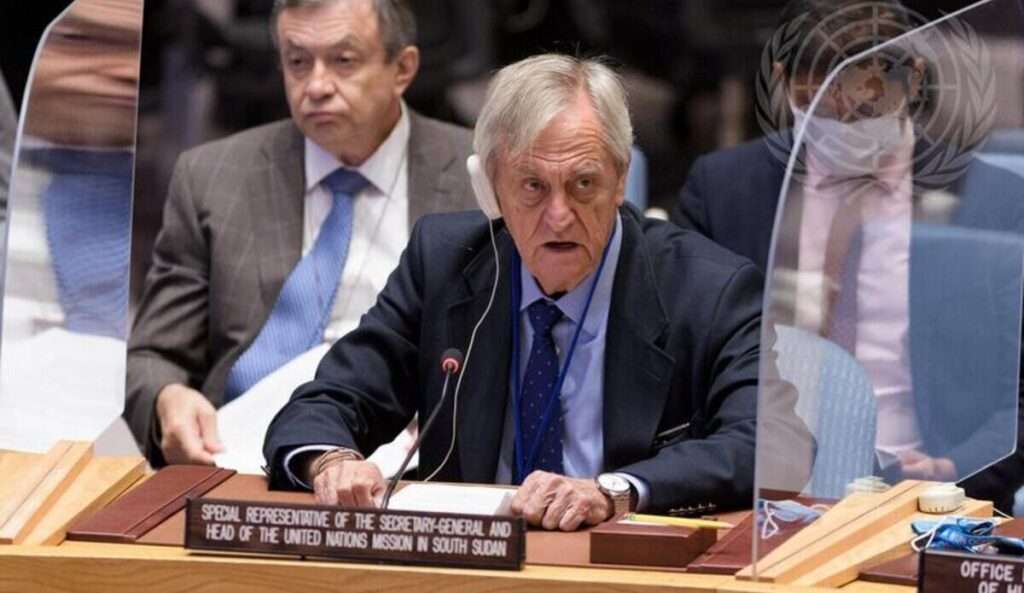
The election will mark the final transition of South Sudan to democracy, after years civil war that claimed numerous lives. The elections were initially slated for February 2023.
Despite gaining independence in July 2011, warfare broke out in December 2013 between President Salva Kiir’s and his former deputy, Riek Machar’s, forces. The war was settled in 2018 by a peace treaty.
Haysom further underscored that, as time for the election draws nearer, Juba requires some “foundational tasks” to aid the citizen to cast their ballot, but these logistics are yet to be completed.
“These foundational tasks also encompass the drafting of a new Constitution, where the parties must reach consensus on the constitutional provisions and have realistic expectations on what can be done in the remaining time and within existing resource constraints.”
Nicholas Haysom, UN Special Envoy to South Sudan.
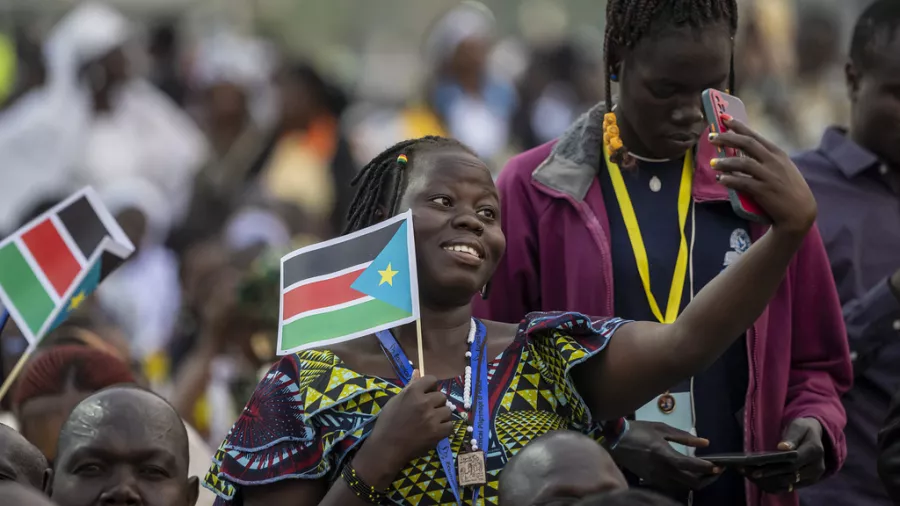
In the words of the UN special envoy to South Sudan, there must be the need for a healthier political and civic atmosphere, which underscores the necessity for free and open debate.
“Simply holding elections is not enough the credibility, transparency and inclusivity of the process is what brings legitimacy.”
“This includes that political parties must be able to register and campaign freely; a civil society that will serve as extended arms for civic education and act as observer watchdog of the process. It includes a media that can report on the process and give space to the variety of voices and opinions for voters to make informed choices.”
Nicholas Haysom, UN Special Envoy to South Sudan.
Furthermore, Nicholas Haysom disclosed that, along with the African Union and the East African Grouping, UN has given the assurance to strengthen its ongoing assistance for the electoral and constitution-making processes.
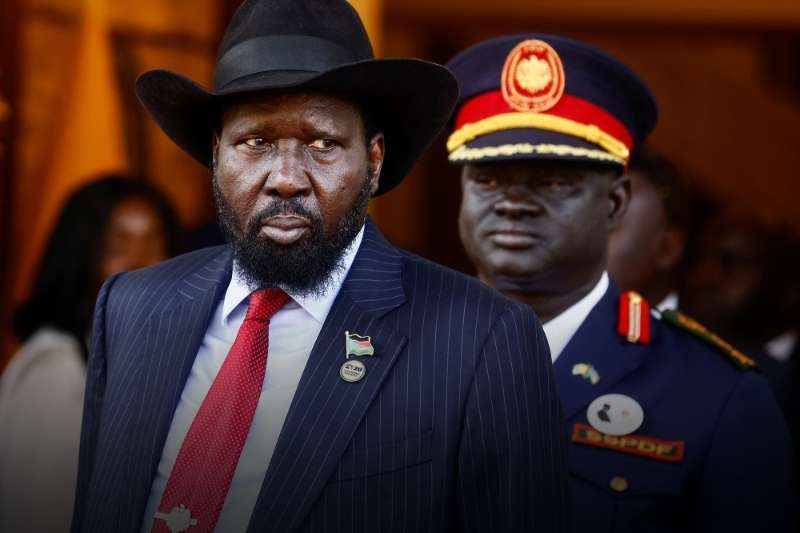
To develop a single objective among the people of South Sudan, Haysom called for the unification and trust building between the citizens and the leaders, to avoid any future hinges.
“I believe there will be international willingness to support the peace process and the elections if there are demonstrable actions by the principal stakeholders in those elections and the right frameworks to allow for the receipt of such assistance,” he said.
“But key decisions about electoral, constitutional and security structures must be made urgently; and these decisions do not require special additional resources. Success in this area will persuade donors and international partners that a peaceful and secure South Sudan is a viable place for investment and support.”
Nicholas Haysom, UN Special Envoy to South Sudan.
Effects Of Sudan’s Conflict On South Sudan
Nicholas Haysom, also emphasized on the consequences that the Sudan conflict has had on South Sudan.
“The war in Sudan dominates regional and global attention, while South Sudan bears a share of the crisis. Food prices have increased, lowering the ability of vulnerable households’ access food and meet basic requirements, while reduced cross-border trade has led to localized scarcity of food commodities,” he said.
Since the war broke out in Sudan, South Sudan has housed approximately 190,000 refugees, of which majority of them were citizens returning as a result of the conflict.
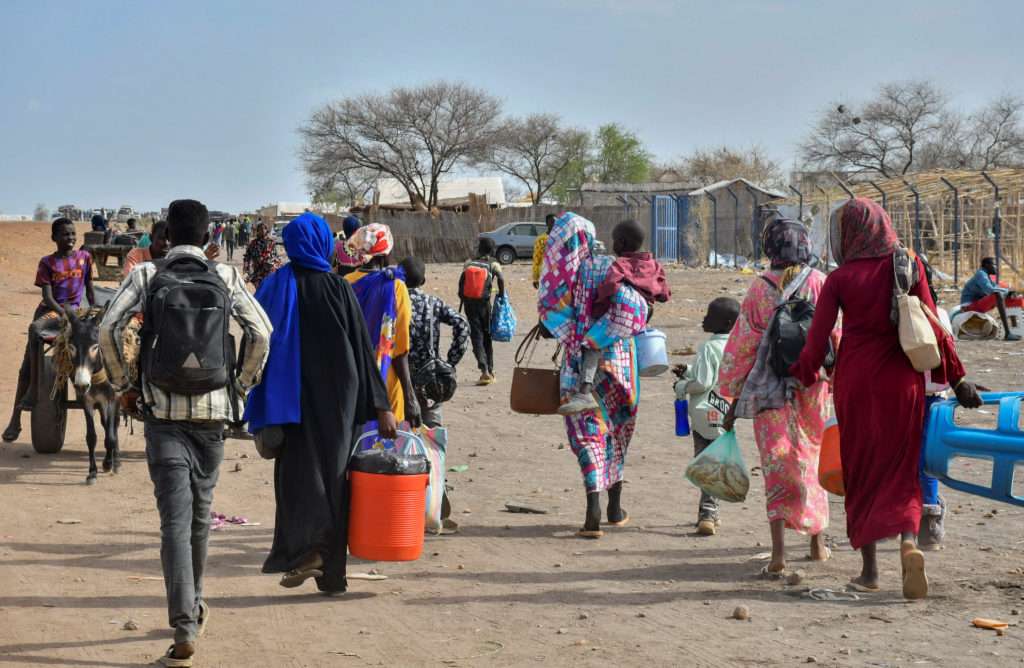
Due to the deteriorating conditions of refugees, Aid groups have appealed for $26.4 million to facilitate logistical support for the arriving people from the warfront. Haysom also raised concerns of the possibility of resurrecting frozen conflicts, due to the continuous influx of people in the country.
“The congestion and increased competition over scarce resources could exacerbate existing inter-communal tensions between the returnees and host communities and between some of the returnee communities and this needs to be averted.”
Nicholas Haysom, UN Special Envoy to South Sudan.



